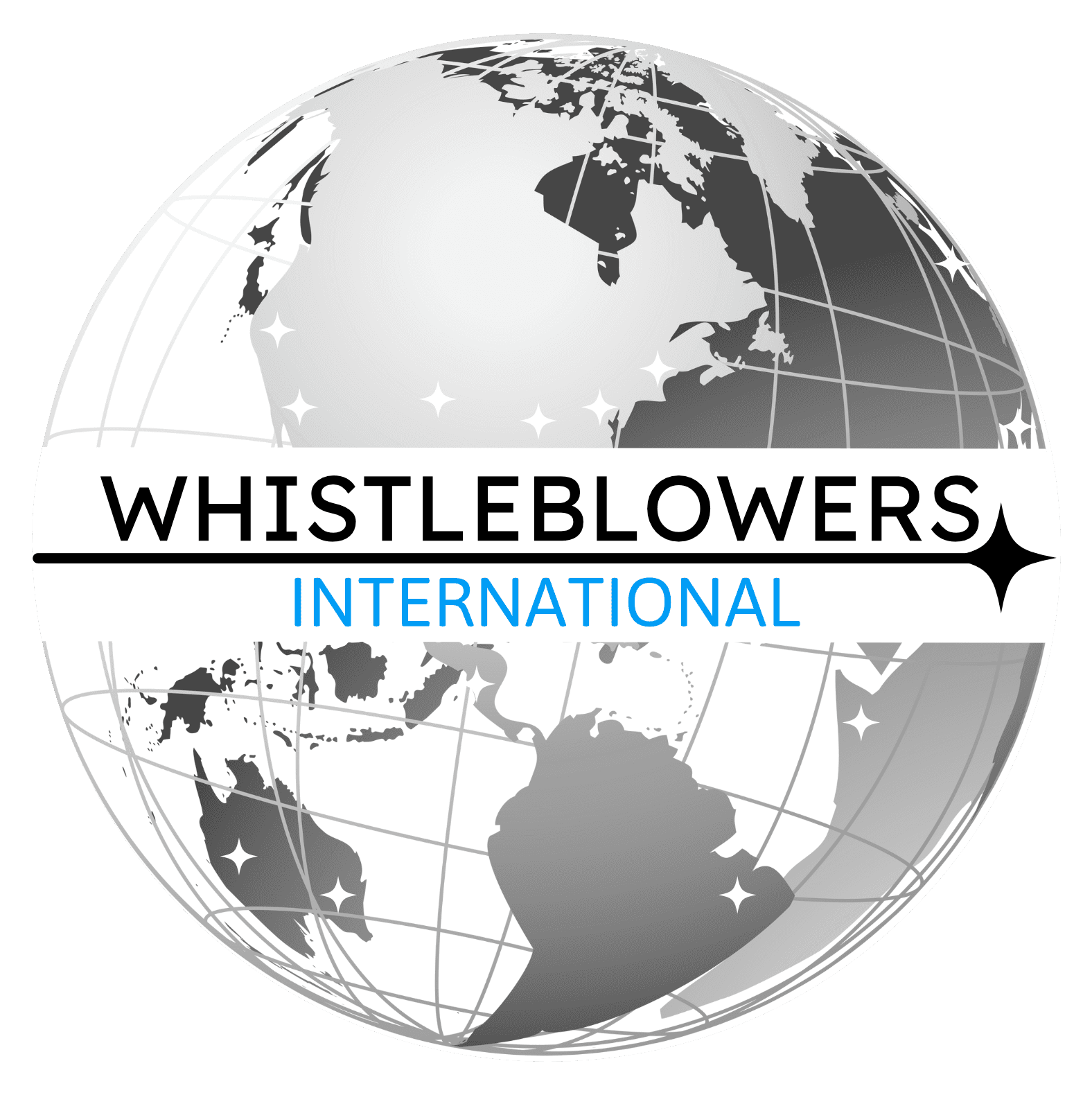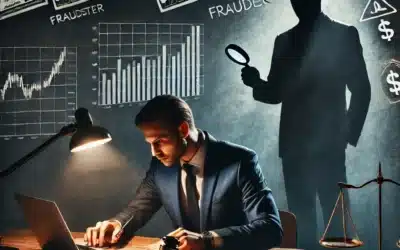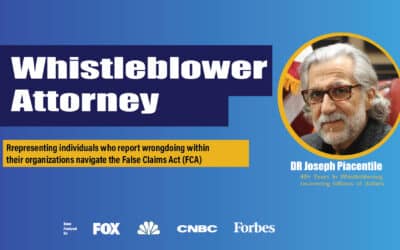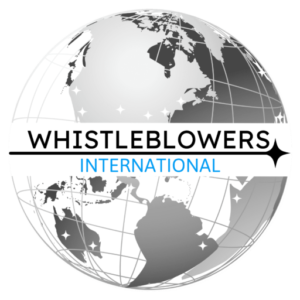PHARMACEUTICAL FRAUD
PHARMACEUTICAL FRAUD
Whistleblowers have uncovered hundreds of frauds between pharmacies, pharmaceutical companies, and Pharmacy Benefit Managers (PBM) that cost billions of dollars to the healthcare system. Thanks to their efforts in exposing these wide-scale schemes, the federal government recovered the three largest False Claims Act civil settlements ever, each one of them worth $1 billion or more. The pharmaceutical industry is, in fact, among the wealthiest and most influential sectors in the United States and globally, with annual sales expected to pass $1.3 trillion by 2018.
WHAT IS A PHARMACEUTICAL FRAUD?
Any practice, whether in marketing, producing or testing a drug or medical device that results in a federal program paying more for a drug may qualify as pharmaceutical fraud. Common fraud schemes include promoting drugs in a way that encourages doctors to prescribe medication in ways that are not FDA approved (off-label marketing), manufacturing and selling defective or ineffective drugs and devices, and manipulating the price Medicare and Medicaid pay for a drug.
When drugmakers’ sales representatives tell a doctor that a prescription drug that has been approved, for example, to treat cardiovascular conditions can be used to treat migraines, it is then marketed as an off-label. Some large drug companies also provided the Food and Drug Administration (FDA) misleading or false information about their medications’ safety, altering data obtained during clinical research trials. In other instances instead, the Big Pharma companies offered physicians and pharmacists various incentives to prescribe their branded medications. Those kickbacks included free cruises or trips, tickets for the spa, and expensive dinners worth up to $10,000 — although they deceitfully hid those practices as “marketing education,” it is usually just bribery. Other types of unlawful practices include providing misleading information about drugs (Continuing Medical Education Fraud), violating manufacturing standards (Current Good Manufacturing Practice violations), or charging federal healthcare programs for more expensive brand-name medications although the patient actually received cheaper generic ones (billing for brand).
WHAT ARE THE CONSEQUENCES OF PHARMACEUTICAL FRAUD?
Patients rely on their doctors to make unbiased, informed decisions when deciding which medications to prescribe. Similarly, doctors themselves rely on drug manufacturers to provide them with accurate information about the drugs they’re prescribing. The off-label use of a medicine can create serious hidden dangers to the patient’s health since its safety and effectiveness for that indication have never been properly tested by the FDA. Companies that illegally promote off‐label uses of their medications, pay kickbacks to doctors and hospitals, or commit other types of medical fraud, endanger millions of Americans that rely on the healthcare system.
Pharmaceutical Benefit Managers (PBMs) were to assist in reducing the costs of drugs for their clients — private insurance companies, Medicaid and Medicare. PBM’s earn billions of dollars for their services since pharmacies are responsible for dispensing medication to patients, but their close relationship with pharmaceutical and insurance companies has led them to be involved in many fraudulent schemes. Over 200 million Americans rely on pharmaceutical companies to provide them with safe and effective medicines. As a result, pharmaceutical fraud is a crime so pervasive that only the efforts of honest citizens who blew the whistle ensured that the magnitude of these schemes was kept under reasonable levels.
WHY SHOULD YOU CHOOSE US TO FIGHT AGAINST ILLEGAL SCHEMES?
Some largest False Claims Act settlements of all time began as whistleblower cases where individuals reported that a pharmaceutical company was illegally marketing drugs off-label. We already fought many such battles and brought to justice several evil corporations who unscrupulously defrauded the system. Here are some examples:
- In 2013 Johnson & Johnson paid a government fine of $2.2. billion to resolve criminal and civil charges pertaining to off‐label marketing and providing kickbacks to hospitals and doctors.
- GlaxoSmithKline paid $3 billion to resolve a host of civil and criminal charges that included misrepresentation of safety concerns regarding the medication Avandia and false price reporting to Medicare. This qui tam case resulted in a $150 million reward split among four whistleblowers.
- Cephalon settled allegations that it knowingly promoted the off-label sale and use of 3 drugs — Actiq, Gabitril, and Provigil. Citizens who blew the whistle received approximately $46.5 million as a reward.
- The whistleblowers in the case received $7.2 million for helping the government uncover allegations that Omnicare substituted different versions of prescribed drugs, such as tablets for capsules, without any legitimate medical reason only to increase the cost and profit.
TYPES OF PHARMACEUTICAL FRAUD
- Providing kickbacks
- Off-label marketing
- Current Good Manufacturing Practice (CGMP) violations
- Billing for Brand
- Best Price Fraud
- Medicaid Price Reporting Fraud
- Continuing Medical Education Fraud
- Manufactured Compound Drugs Fraud
DO YOU HAVE A VALID CLAIM?
If you witnessed any widespread suspicious activity within your workplace, you might have a chance of becoming a whistleblower by reporting an ongoing fraudulent scheme. However, to increase your chances of success, you must be sure to back up your claim with substantial evidence or privileged information.
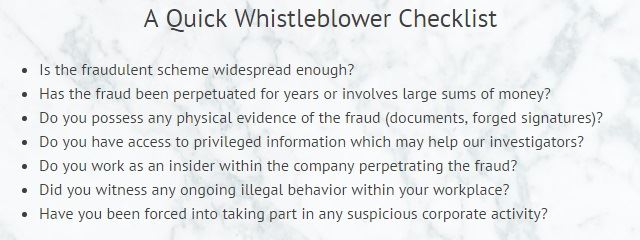
WE CAN HELP YOU REPORT A PHARMACEUTICAL FRAUD
Becoming a Whistleblower helps ensure that drugs are only marketed for the uses for which they were approved. Off-label marketing is profiteering at the expense of patient safety and is a despicable business practice. All kind of schemes that include providing illegal kickbacks to insurance companies, switching and shorting prescriptions for improper reasons cause a waste of resources that a healthcare system in crisis cannot afford. All forms of pharmaceutical fraud are prosecuted under the False Claims Act. The Department of Justice regularly relies on individual whistleblowers to come forward and help root out fraud and corruption. In return, the government will provide you protection and substantial monetary rewards.
Help us correct these unacceptable behaviors — blowing the whistle is an honorable way of doing your part. Contact us now by filling out a form or calling toll-free at .
Contact Us Today
The information submitted will be submitted to the law firm of Piacentile & Associates LLP d/b/a Whistleblowers International. This communication does not create an attorney-client relationship and is submitted only for the purpose of evaluating your claim to see if this is something we are able to help you with. By contacting us, you certify that you are a potential client making a bona fide inquiry about obtaining legal services to address a potential whistleblowing legal claim. Past results do not guarantee future outcomes. While this submission does not create an attorney-client relationship, all information submitted will be kept strictly confidential per legal ethics rules since this information is submitted in contemplation of a potential attorney-client relationship. No attorney-client relationship is formed until it is determined after evaluation with you that this is something we can take on and a retainer agreement is signed by you and the law firm of Piacentile & Associates LLP d/b/a Whistleblowers International. Please also understand that by submitting your information, there is no guarantee that we will contact you in response, as at any given time, there are only a limited number of claims we are able to take on and pursue. If we do not contact you within 3-business days of your submission, please reach out to another whistleblower law firm if you are interested in pursuing your matter.
Our Areas of Practice
Healthcare Fraud
Securities / Derivatives Fraud
Fraud Against the Government
Tax Fraud
Cryptocurrencies Fraud
Defense Contractor Fraud
Money Laundering
Foreign Corrupt Practices Act
DR. JOE’S CASES HAVE BEEN FEATURED IN:

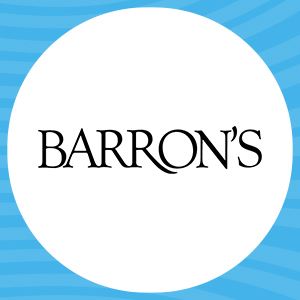



COMMITTED TO GLOBAL TRANSPARENCY
Unmasking Investment Fraud: A Private Investigator’s Guide to Navigating Financial Scams
As a private investigator specializing in investment fraud cases, I've seen countless victims fall prey to sophisticated schemes that exploit their trust and hard-earned money. Over the years, I’ve gathered insights on how to spot fraud, protect investments, and take...
Whistleblower Attorneys: Protecting Those Who Speak Out Against Fraud
At Whistleblowers International, we specialize in representing courageous individuals who report fraud, misconduct, or illegal Whistleblower Attorneys: Protecting Those Who Expose Fraud At Whistleblowers International, we are...
Financial Crimes Enforcement Network (FinCEN): An Overview
The Financial Crimes Enforcement Network (FinCEN) is a bureau within the U.S. Department of the Treasury that plays a critical role in safeguarding the financial system against illicit activities such as money laundering, terrorist financing, and other financial...
What is FinCEN?
The Financial Crimes Enforcement Network (FinCEN) is a bureau of the U.S. Department of the Treasury dedicated to combating financial crimes, such as money laundering, terrorist financing, and other illicit activities that exploit the financial system. Established in...
PCBs and Cancer: Understanding the Risks and Connections
Polychlorinated Biphenyls (PCBs) are chemical compounds that were widely used in industrial applications before their ban in the late 1970s due to health concerns. One of the most significant risks associated with PCB exposure is cancer. Numerous studies have explored...
Understanding the Current PCB Legal Landscape and Emerging Cases
Polychlorinated Biphenyls (PCBs) Polychlorinated Biphenyls (PCBs) have been the subject of numerous lawsuits for decades due to their widespread use and enduring impact on the environment and public health. Despite being banned in the late 1970s, PCBs continue to pose...
Understanding PCB Exposure: Common Questions and Answers
What is PCB Exposure? Q: What is PCB exposure? A: PCB (Polychlorinated Biphenyl) exposure refers to contact with these man-made chemicals, which were widely used in various industrial applications from the 1930s until their production was banned in many countries in...
Top U.S. Government Contractors and the Risks of Procurement Fraud
The U.S. government is one of the largest purchasers of goods and services globally, spending hundreds of billions annually on contracts with private companies. While these contracts provide significant business opportunities, they also come with risks, including the...
Understanding Government Contract Fraud: Can Contractors Be Criminally Charged?
Government contract fraud is a significant issue affecting both the federal government and the private sector. With billions of dollars allocated to government contracts annually, instances of fraud have emerged as a critical concern. This article explores whether...
Understanding Securities and Commodities Fraud: Insights from a Lawyer’s Perspective
Securities and commodities fraud can be complex and overwhelming to navigate, especially if you're facing legal challenges in these areas. This blog post aims to shed light on the essential aspects of securities and commodities fraud, answering key questions and...
The information on this website is for general information purposes only. Nothing on this site should be taken as legal advice for any individual case or situation.
We do not accept cases in all jurisdictions. No representation is made that the quality of the legal services to be performed is greater than the quality of legal services performed by other lawyers. Prior results do not guarantee a similar outcome. This information is not intended to create, and receipt or viewing does not constitute, an attorney-client relationship. While we will treat any information provided as privileged and confidential, you should understand that when you provide information about a potential case to us, we do not become your attorneys. We do not represent you until we have agreed to do so and a retainer has been signed by both of us. This information is not intended to create, and receipt or viewing does not constitute, an attorney-client relationship. This website may be considered attorney advertising in some states.
© 2024 All Rights Reserved.
